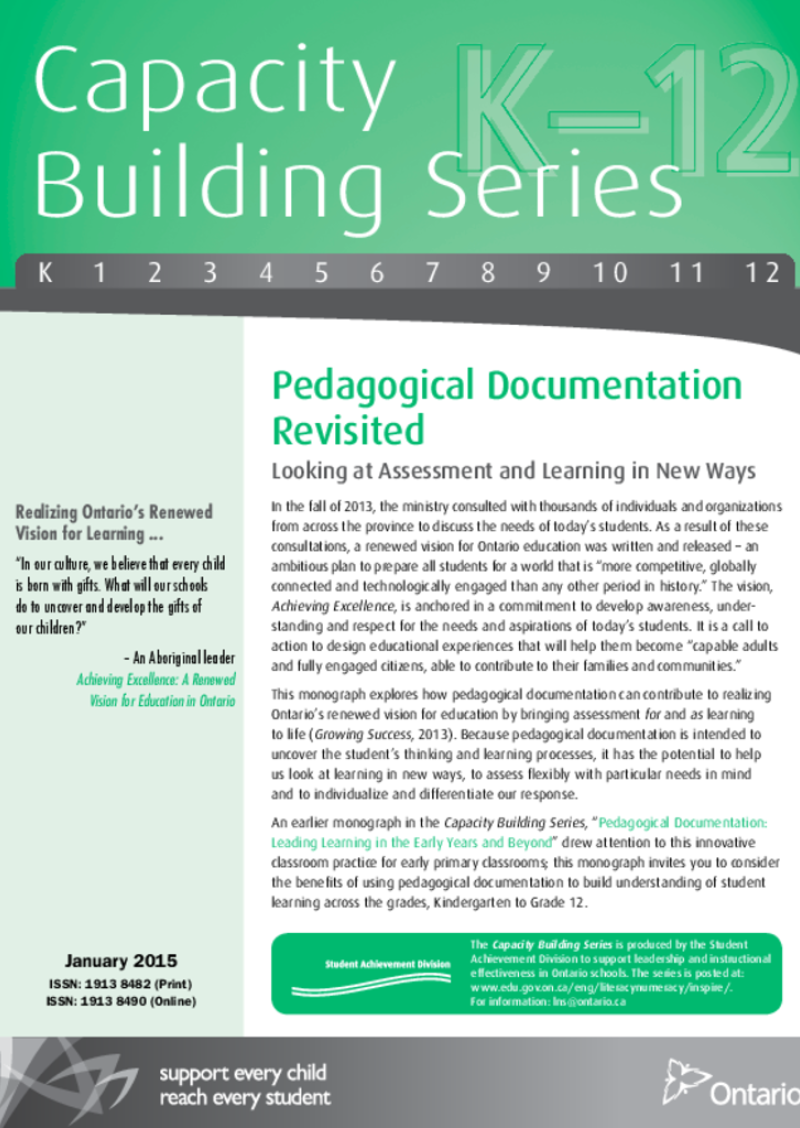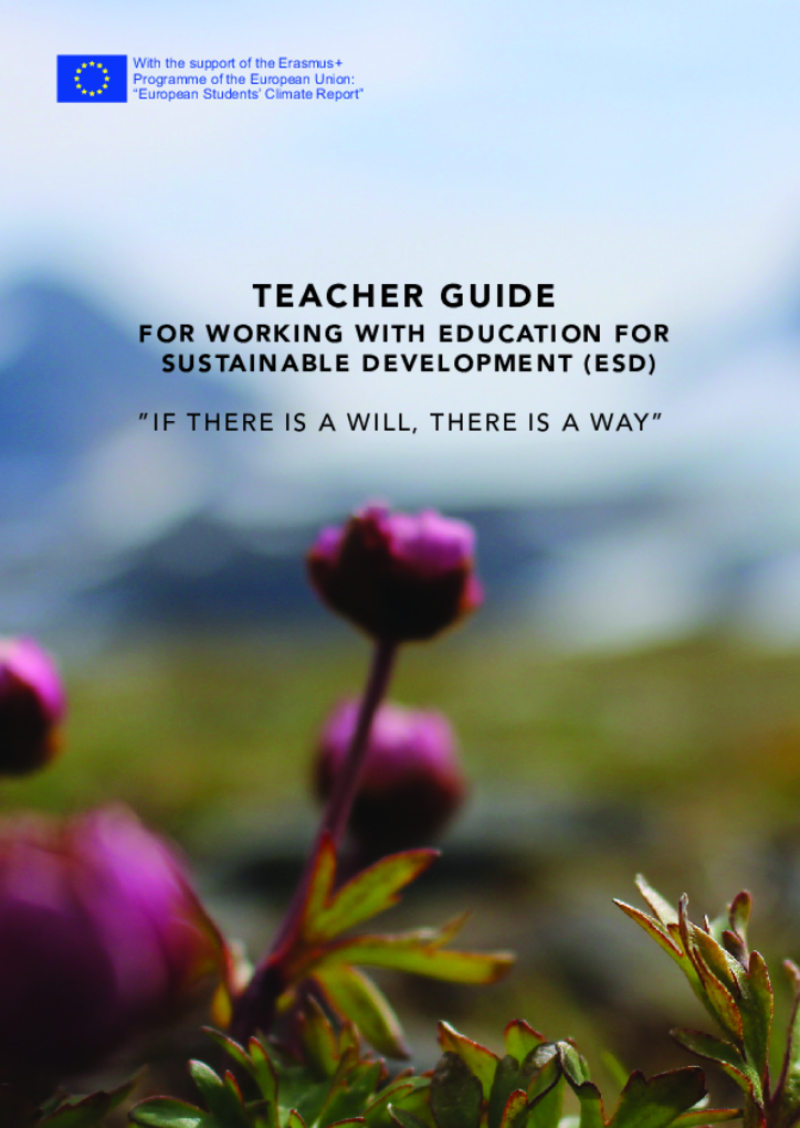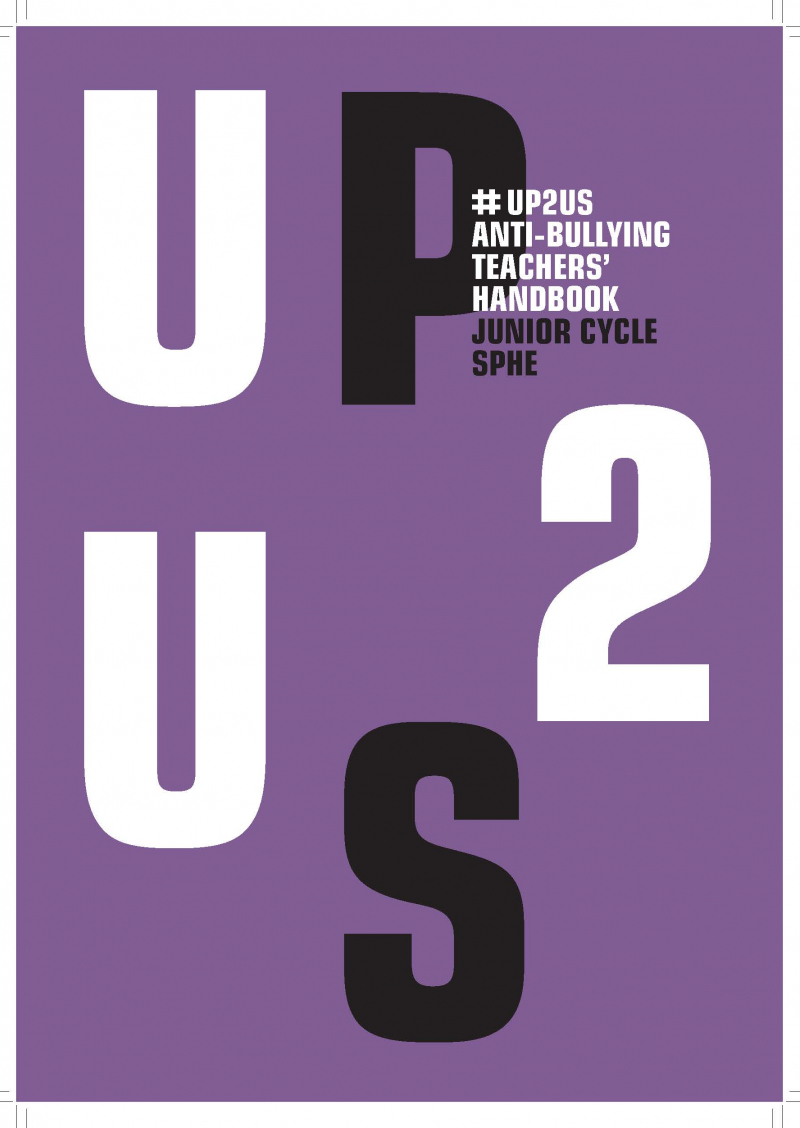Teacher Resource Centre
Displaying 1 - 7 of 7
Toolkit: Problem Solving Strategies
Welcome to the toolkit Strategies for Problem Solving of the Inter-American Teacher Education Network. This toolkit is aimed at professionals who work at different levels of teaching and want to learn about problem-solving strategies and their application in family, social and academic settings.
An important point to clarify is that the term “problem” does not refer exclusively to mathematics, but rather to the challenges that we face daily which are also problems to be solved through certain strategies.
The Toolkit can be downloaded at no cost and shared freely.
There are no pre-requisites.
Certificate: No certification is granted at this moment.
Modality: The Toolkit is self-guided and self-paced.
Welcome to the Problem Solving Strategies Toolkit, we hope these materials will meet the professional development needs of teachers in the Americas.
Toolkit: Effective Learning Objectives to Promote Critical Thinking
This free toolkit is aimed at all teachers interested in exploring in detail the characteristics of learning objectives and their importance in helping to effectively communicate what the student is expected to achieve; This is the basis of any instruction and is vital for the planning of all kind of teaching strategies especially the development of critical thinking. Participants who complete this toolkit will be able to identify the elements that affect the effectiveness of learning objectives by answering a series of reflection questions and will also be able to generate effective learning objectives for critical thinking development. There are no pre-requisites, all teachers from all academic areas and levels can participate. The Toolkit is self-guided, presents exercises of self-reflection and guided discovery and examples of application in the classroom.
Pedagogical Documentation Revisited
This monograph explores how pedagogical documentation can contribute to realizing Ontario’s renewed vision for education by bringing assessment for and as learning to life. Because pedagogical documentation is intended to uncover the student’s thinking and learning processes, it has the potential to help us look at learning in new ways, to assess flexibly with particular needs in mind and to individualize and differentiate our response.
Pedagogical documentation allows educators to see how thinking, learning, curriculum and assessment are intertwined. It offers them the opportunity to contribute to a fuller understanding of learning and to advance the research on effective practice, both locally and internationally.
Teacher Guide for Working with Education for Sustainable Development (ESD)
The purpose of this teacher guide is to inspire teachers who want to work with climate change and sustainable development with their students. In this guide, you will find examples of teaching activities and teacher reflections on these activities. The activities described should be seen as inspiration. They could be adjusted according to a specific teaching context as preferred, thus aligned with the same objectives and perceived outcomes. The EU-project in which the activities were developed, was carried out with upper secondary students (aged 16-19). With smaller changes by the teachers, younger students can also work with the suggested activities. Beyond the goal of learning about climate change and sustainable development, the activities enable students to practice their critical thinking, and develop their communication and presentation skills.
Teaching and Learning with Living Heritage: A Resource Kit for Teachers
This resource kit includes several components that provide teachers with information on why and how to incorporate living heritage into their school based activities. It was developed as a result of the UNESCO–EU initiative on cultural heritage and education, under the European Year of Cultural Heritage in 2018, and it builds on projects across a variety of subjects developed by teacher from 10 countries.
Anti-bullying teacher's handbook
This anti-cyber bullying resource is designed to enable students to develop a positive sense of themselves and a commitment to caring for themselves and others.
It includes a set of ten lesson plans that is intended to be used by teachers and schools who wish to address the issue of bullying as a whole, with particular focus on the issue of cyber bullying.




